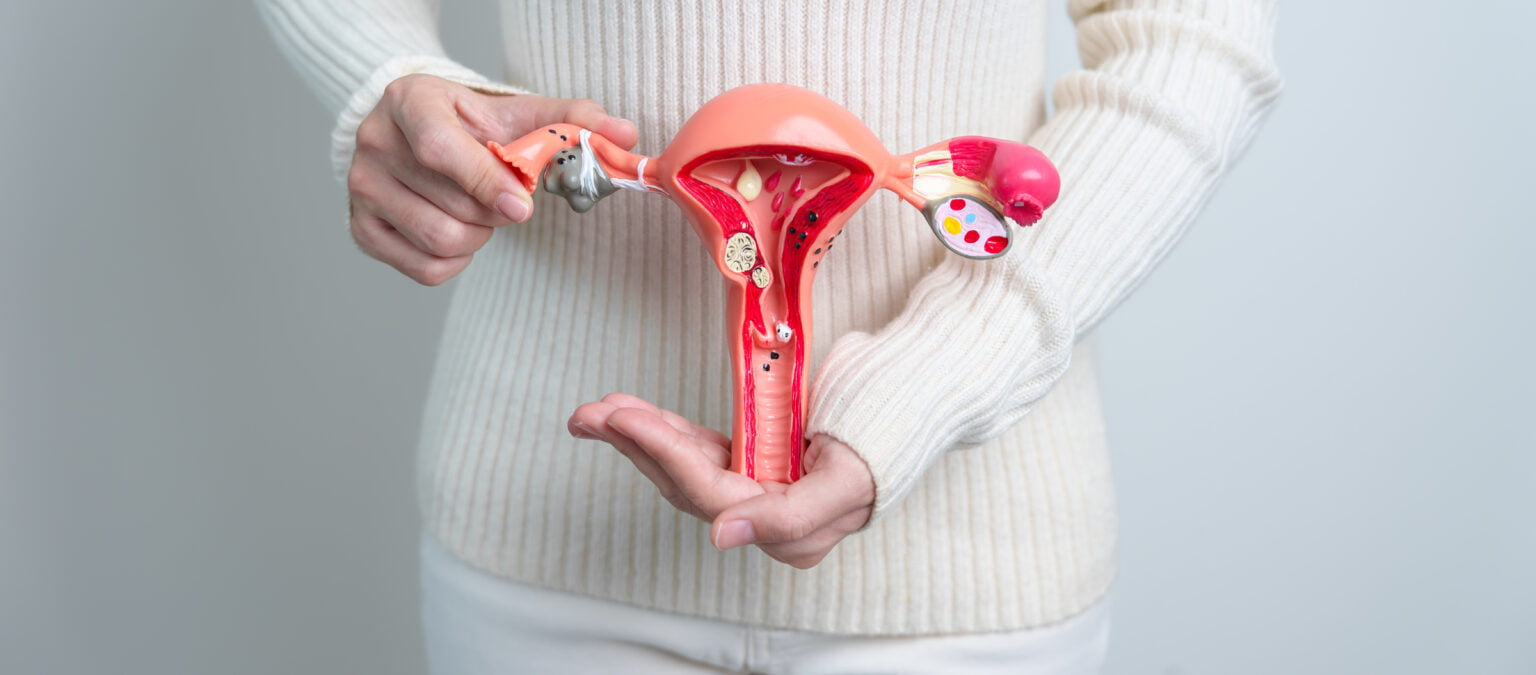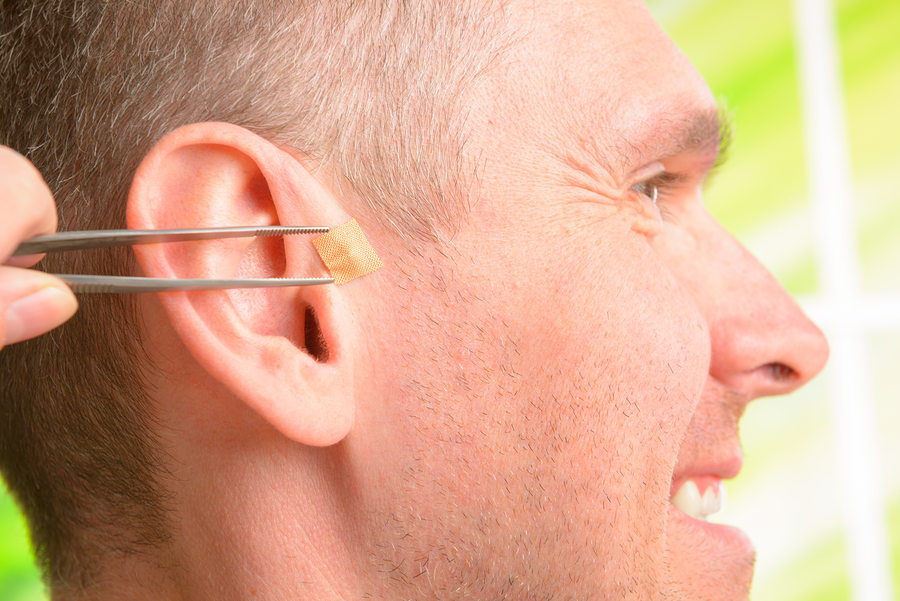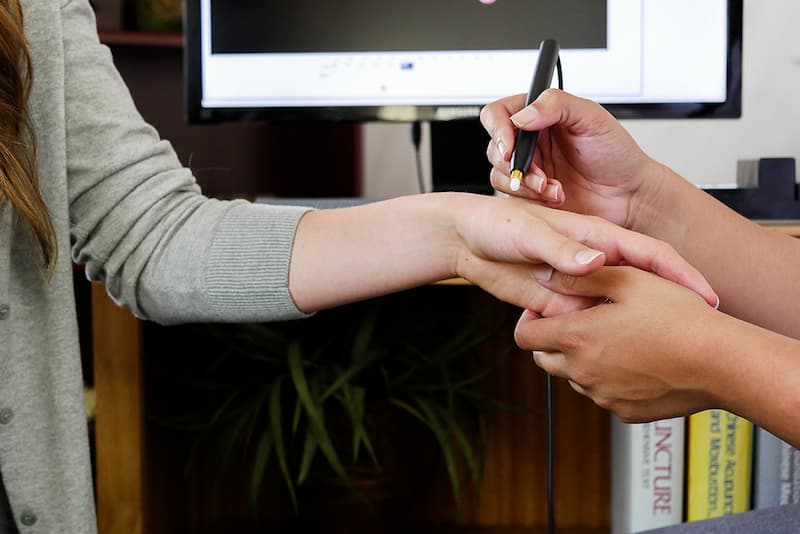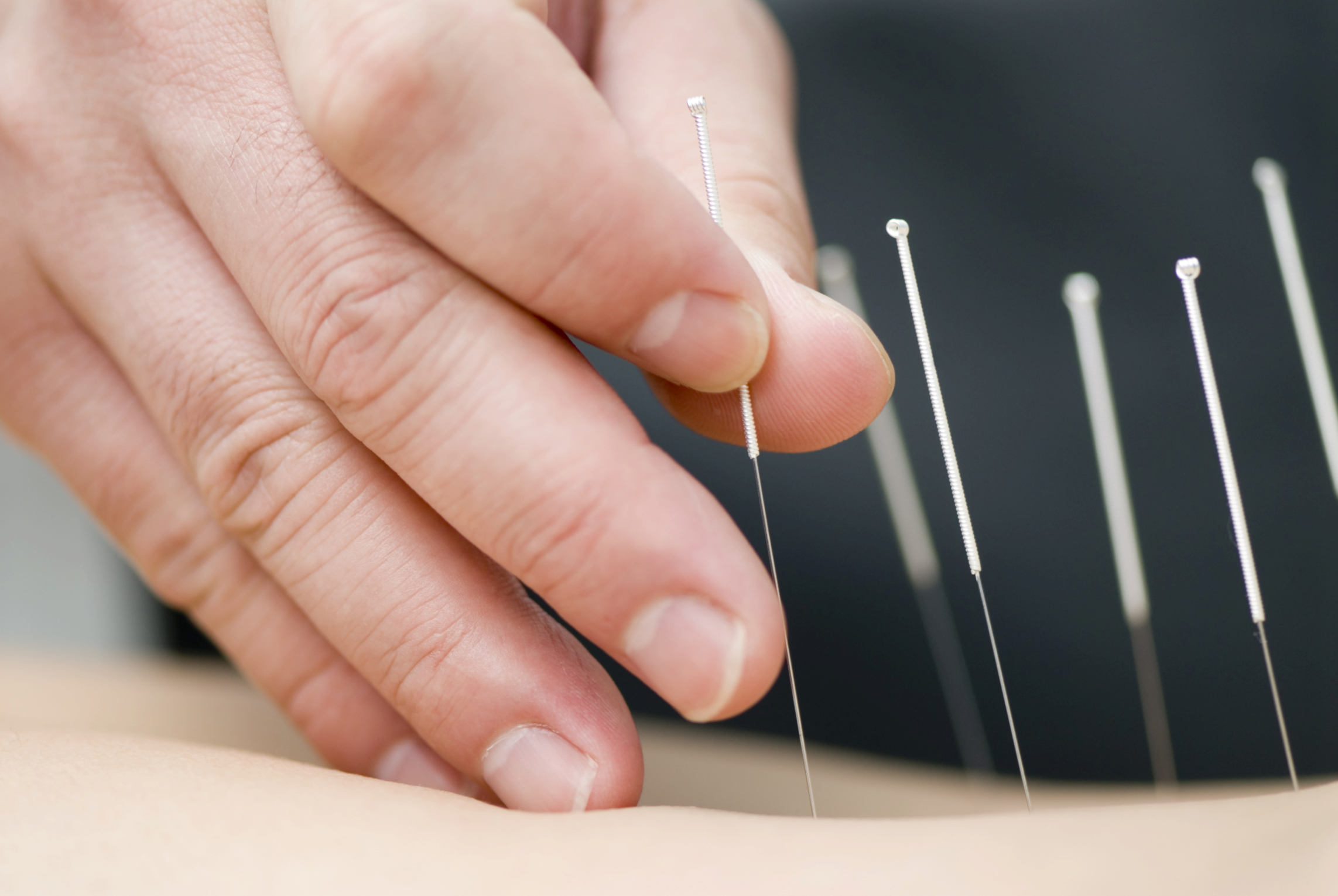7 Natural Ways to Relieve PCOS Pain – Including Acupuncture

Polycystic ovary syndrome (PCOS) is one of the most common hormonal disorders affecting women worldwide. It can lead to a range of symptoms, including irregular periods, weight gain, excess hair growth, and severe pelvic pain. Managing PCOS pain can be challenging, but many women are seeking natural, holistic treatments to alleviate their discomfort. While lifestyle changes and medications are often recommended, there are numerous natural methods available to help reduce PCOS period pain relief and improve overall well-being.
One particularly effective natural remedy that has gained recognition in recent years is acupuncture. Acupuncture, a key component of traditional Chinese medicine, has been shown to offer significant relief for women suffering from PCOS-related pain. However, it is just one of many options available for managing this condition. This article will explore 7 natural ways to relieve PCOS pain, including the role of acupuncture and other lifestyle changes that can make a big difference.
What Is PCOS?
Before diving into how to relieve PCOS pain, it's important to understand what PCOS is. Polycystic ovary syndrome is a hormonal disorder that affects the ovaries, leading to the growth of multiple small cysts. These cysts are often harmless but can cause a disruption in the menstrual cycle, making it difficult for women to get pregnant. Hormonal imbalances also lead to symptoms like acne, excess hair growth, thinning hair, and chronic pelvic pain.
While PCOS is a common condition, affecting approximately 1 in 10 women of reproductive age, its symptoms vary from person to person. The pain experienced can range from mild discomfort to severe cramping, especially during menstruation or ovulation. Finding natural ways to manage this pain can help improve quality of life for women living with this condition.
1. Acupuncture for PCOS Pain Relief
One of the most effective natural remedies for PCOS pain is acupuncture. This traditional Chinese medicine practice has been used for centuries to balance energy, regulate hormones, and alleviate pain. Research has shown that acupuncture for PCOS can help reduce inflammation, restore hormonal balance, and manage symptoms such as irregular periods, ovarian cysts, and pelvic discomfort.
How Acupuncture Works for PCOS
Acupuncture involves inserting thin needles into specific points on the body to stimulate energy flow, or "qi," and promote healing. In the case of PCOS, acupuncture targets areas that regulate the reproductive system, such as the ovaries, uterus, and endocrine glands. By improving blood circulation and balancing hormone levels, acupuncture helps to reduce the inflammation that often contributes to PCOS pain.
Several studies have shown that acupuncture can help:
Reduce ovarian cysts
Regulate menstrual cycles
Improve fertility
Alleviate pelvic pain
Balance hormones
For women experiencing PCOS-related pain, acupuncture can offer a drug-free, natural way to manage symptoms and support overall health.
2. Herbal Remedies
Herbal medicine has long been used to treat a variety of ailments, including PCOS pain. Several herbs are known for their ability to balance hormones, reduce inflammation, and support reproductive health. Some of the most commonly used herbs for PCOS include:
Vitex (Chaste Tree Berry): Known for its ability to balance progesterone and estrogen levels, Vitex can help regulate menstrual cycles and reduce symptoms like acne and mood swings.
Spearmint Tea: Drinking spearmint tea has been shown to reduce androgen levels in women with PCOS, which can help reduce excess hair growth (hirsutism).
Cinnamon: Studies suggest that cinnamon may help improve insulin sensitivity, which can reduce the risk of developing type 2 diabetes in women with PCOS.
Turmeric: With its anti-inflammatory properties, turmeric can help reduce pelvic pain and inflammation associated with PCOS.
Saw Palmetto: This herb can help lower excess testosterone levels, which may reduce symptoms like hair growth and acne.
Herbal remedies should always be used under the guidance of a healthcare professional to ensure their safety and effectiveness. Combining herbal treatments with other natural therapies can provide relief from PCOS pain and improve overall hormonal balance.
3. Dietary Changes for PCOS Pain Relief
Your diet plays a crucial role in managing PCOS pain. Women with PCOS often have insulin resistance, which can lead to weight gain and further hormonal imbalances. By making specific dietary changes, you can reduce inflammation, improve insulin sensitivity, and ease the discomfort associated with PCOS.
Recommended Diet for PCOS Relief
Low-Glycemic Diet: A diet that emphasizes whole grains, lean proteins, and non-starchy vegetables helps control blood sugar levels and reduce insulin spikes. This can alleviate PCOS pain and prevent the development of other complications like diabetes.
Anti-Inflammatory Foods: Incorporating anti-inflammatory foods like leafy greens, berries, and fatty fish (rich in omega-3 fatty acids) can help reduce PCOS-related inflammation and discomfort.
High-Fiber Foods: A high-fiber diet can improve insulin sensitivity and promote better digestion. Foods like beans, lentils, and quinoa are excellent choices for managing PCOS symptoms.
Healthy Fats: Incorporating sources of healthy fats like avocado, nuts, and olive oil can help balance hormones and improve overall reproductive health.
Avoiding processed foods, sugar, and refined carbohydrates is critical for managing PCOS pain. Instead, focus on nutrient-dense foods that support hormonal balance and overall well-being.
4. Exercise and Physical Activity
Regular exercise is one of the most effective natural remedies for managing PCOS symptoms, including pain. Physical activity can help reduce insulin resistance, support weight management, and alleviate discomfort caused by PCOS. While intense workouts can sometimes cause stress on the body, moderate, consistent exercise offers numerous benefits for women with PCOS.
Types of Exercise for PCOS Pain Relief
Cardio Exercises: Activities like walking, cycling, or swimming can help regulate blood sugar levels, reduce body fat, and improve circulation, all of which can help ease PCOS-related pain.
Strength Training: Incorporating strength training into your fitness routine can improve muscle tone, boost metabolism, and help manage insulin resistance.
Yoga and Pilates: These low-impact exercises are excellent for improving flexibility, reducing stress, and calming the nervous system. They also promote relaxation and can alleviate pelvic pain associated with PCOS.
Aim for at least 30 minutes of moderate exercise most days of the week. Incorporating both aerobic and strength training exercises can help manage PCOS pain while promoting long-term health benefits.
5. Stress Management Techniques
Stress has a significant impact on hormonal health, and women with PCOS may experience heightened stress levels due to the physical and emotional symptoms of the condition. Chronic stress can lead to increased cortisol levels, which may exacerbate PCOS symptoms like weight gain, acne, and irregular periods. Learning how to manage stress is an essential component of PCOS pain relief.
Effective Stress-Reduction Practices
Meditation: Mindfulness meditation has been shown to reduce cortisol levels, promote relaxation, and improve emotional well-being.
Breathing Exercises: Deep breathing exercises can activate the parasympathetic nervous system, helping to reduce stress and alleviate PCOS-related discomfort.
Aromatherapy: Essential oils like lavender and chamomile can promote relaxation and reduce tension. Diffusing calming scents in your home or during massage therapy can ease stress levels.
Journaling: Writing down your thoughts and feelings can provide emotional release and help you process stress in a healthy way.
Incorporating stress management techniques into your daily routine can significantly improve your ability to cope with PCOS pain and enhance your overall health.
6. Massage and Bodywork
Massage therapy and bodywork techniques such as shiatsu and reflexology can be highly effective in managing PCOS pain. These therapies help reduce muscle tension, improve circulation, and promote relaxation.
Regular massage can:
Alleviate pelvic pain and discomfort by improving blood flow to the reproductive organs
Reduce stress and improve mental clarity
Release endorphins, which are natural pain-relieving hormones
Promote hormone balance by targeting specific pressure points on the body
Many women with PCOS find relief from regular massage sessions, especially when combined with other natural treatments like acupuncture and dietary adjustments.
7. Adequate Sleep and Rest
Getting enough sleep is crucial for managing PCOS symptoms, as poor sleep can contribute to hormonal imbalances, increased stress, and heightened PCOS pain. Aim for 7-9 hours of sleep each night to allow your body to rest and repair. Poor sleep patterns can disrupt cortisol production, aggravating inflammation and contributing to weight gain.
Tips for Improving Sleep
Establish a consistent bedtime routine to help your body unwind and prepare for rest.
Create a calming sleep environment by limiting screen time, keeping your room dark and cool, and using relaxing scents like lavender.
Practice deep breathing exercises or gentle stretches before bed to relax your muscles and mind.
Prioritizing good sleep hygiene is a vital part of managing PCOS pain and ensuring long-term health and well-being.
Conclusion: Embracing Natural Relief for PCOS Pain
Managing PCOS pain requires a multifaceted approach, and incorporating natural remedies like acupuncture, herbal treatments, dietary changes, exercise, stress management, and good sleep hygiene can significantly reduce discomfort and improve quality of life. Each individual is unique, so finding the right combination of natural therapies that works for you is key.
If you’re considering acupuncture for PCOS pain relief, it can be a powerful addition to your treatment plan. Consulting with a healthcare professional or acupuncturist who specializes in PCOS will help ensure you get the most out of your treatments.
Note: IndiBlogHub features both user-submitted and editorial content. We do not verify third-party contributions. Read our Disclaimer and Privacy Policyfor details.







